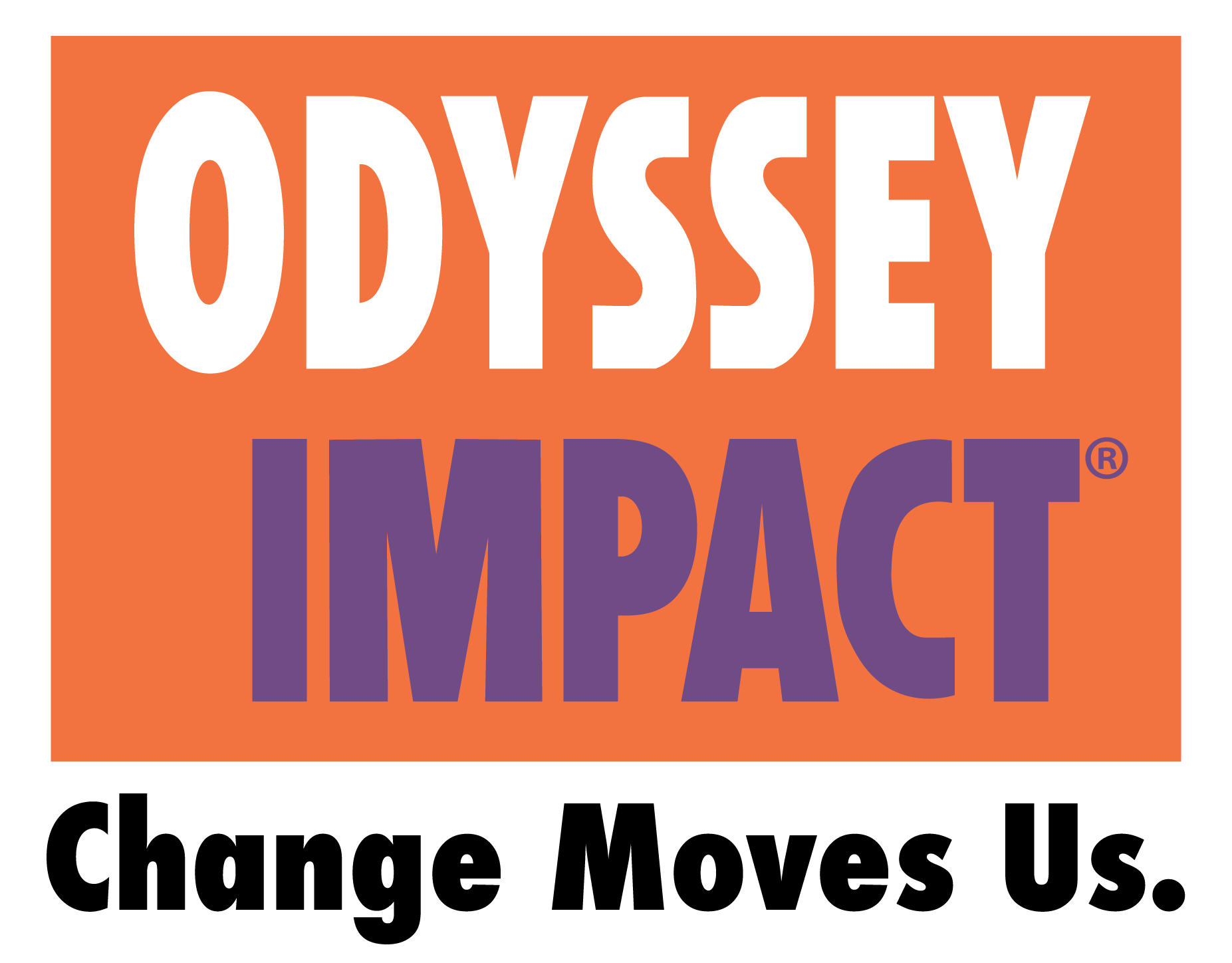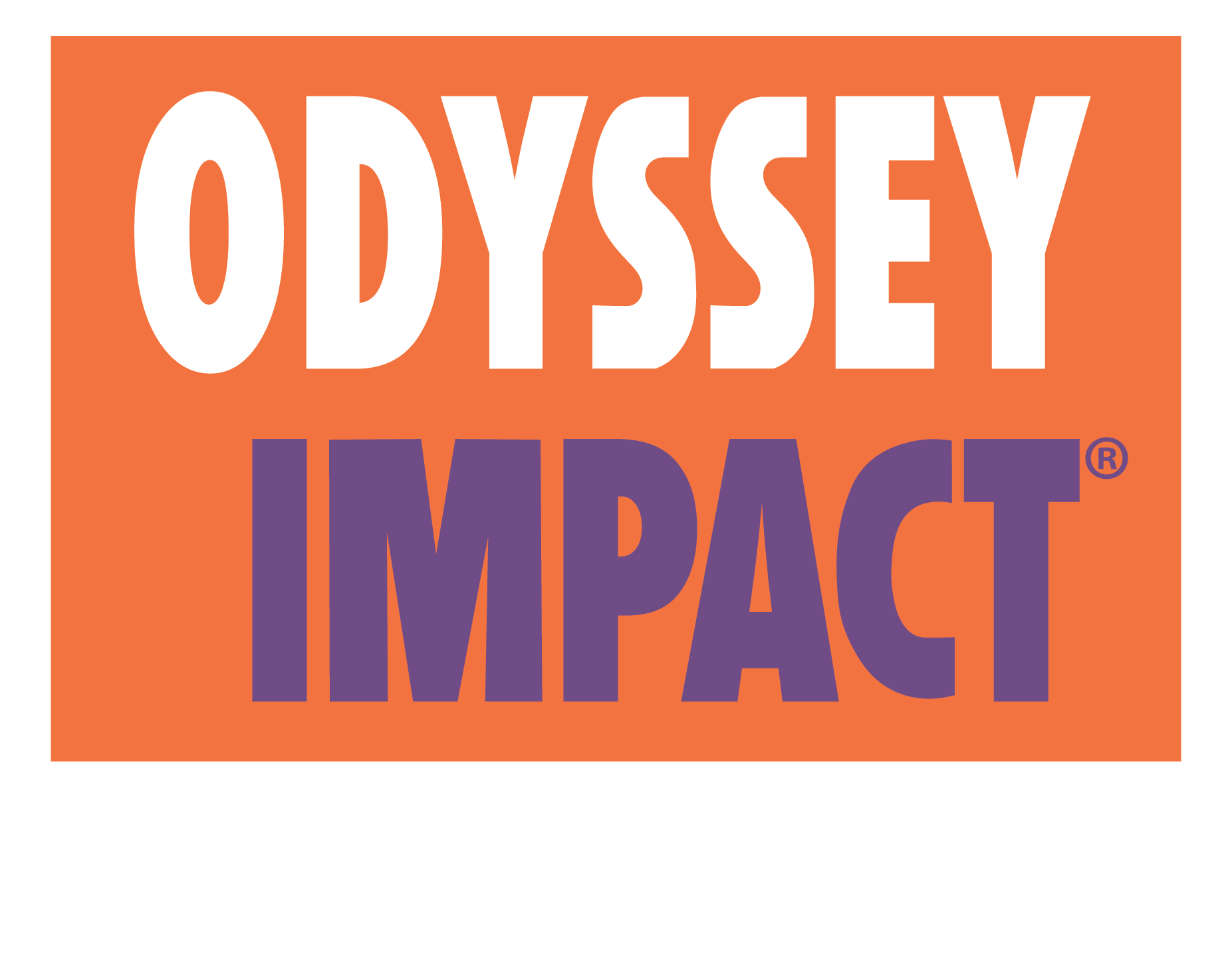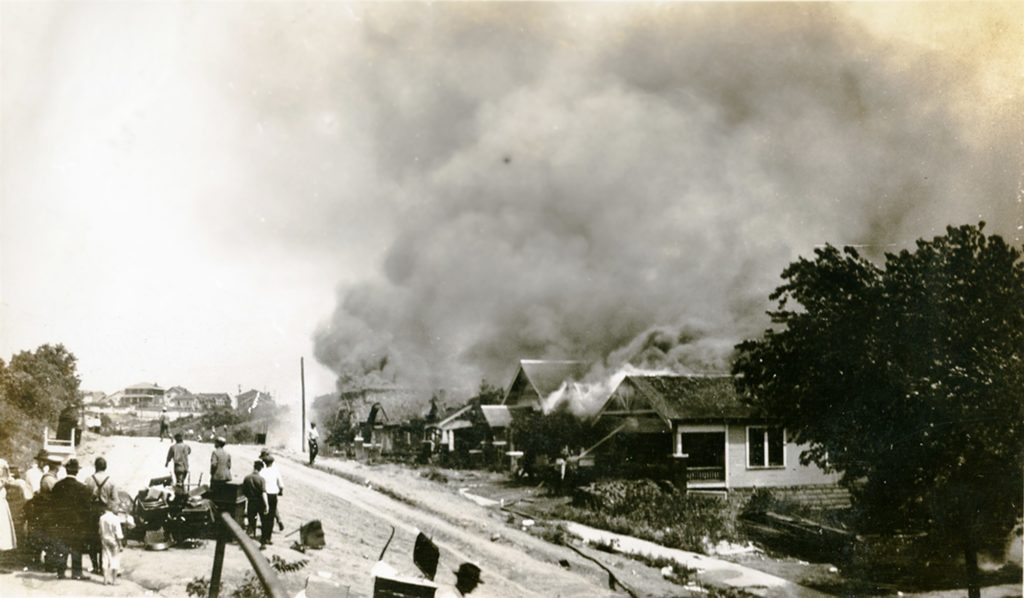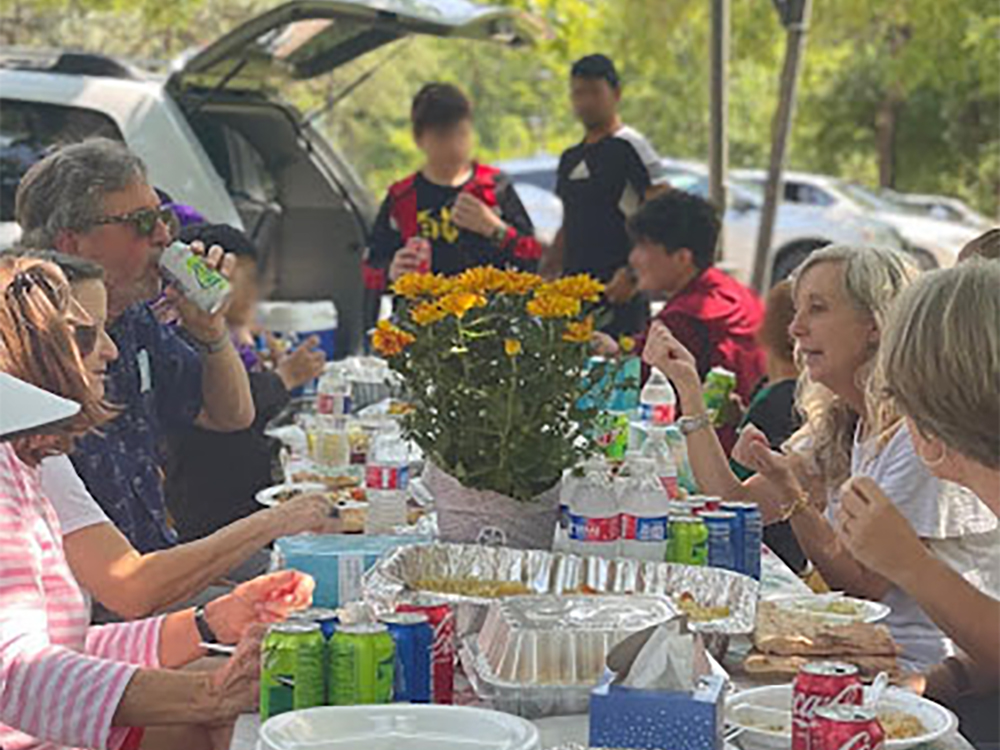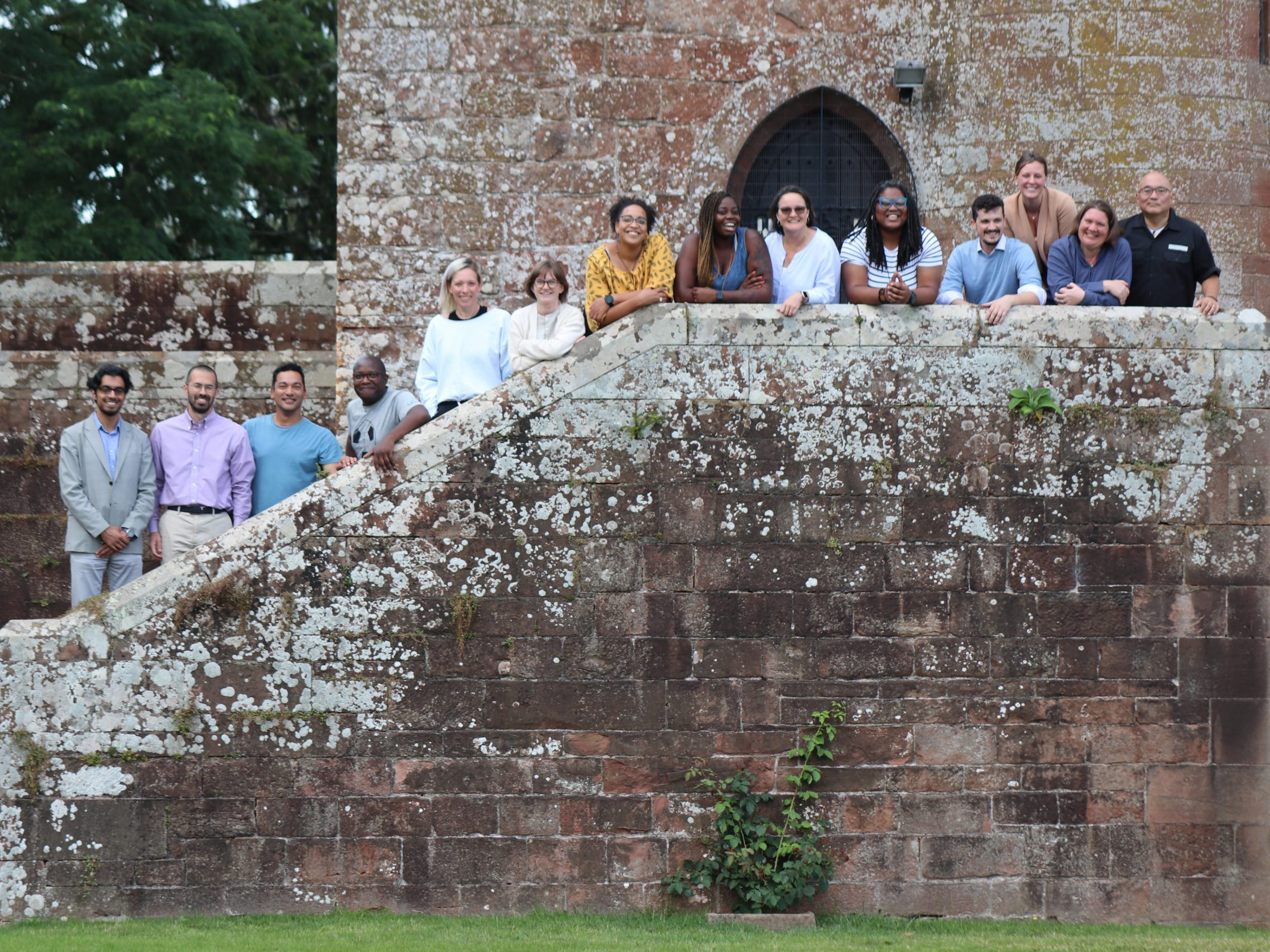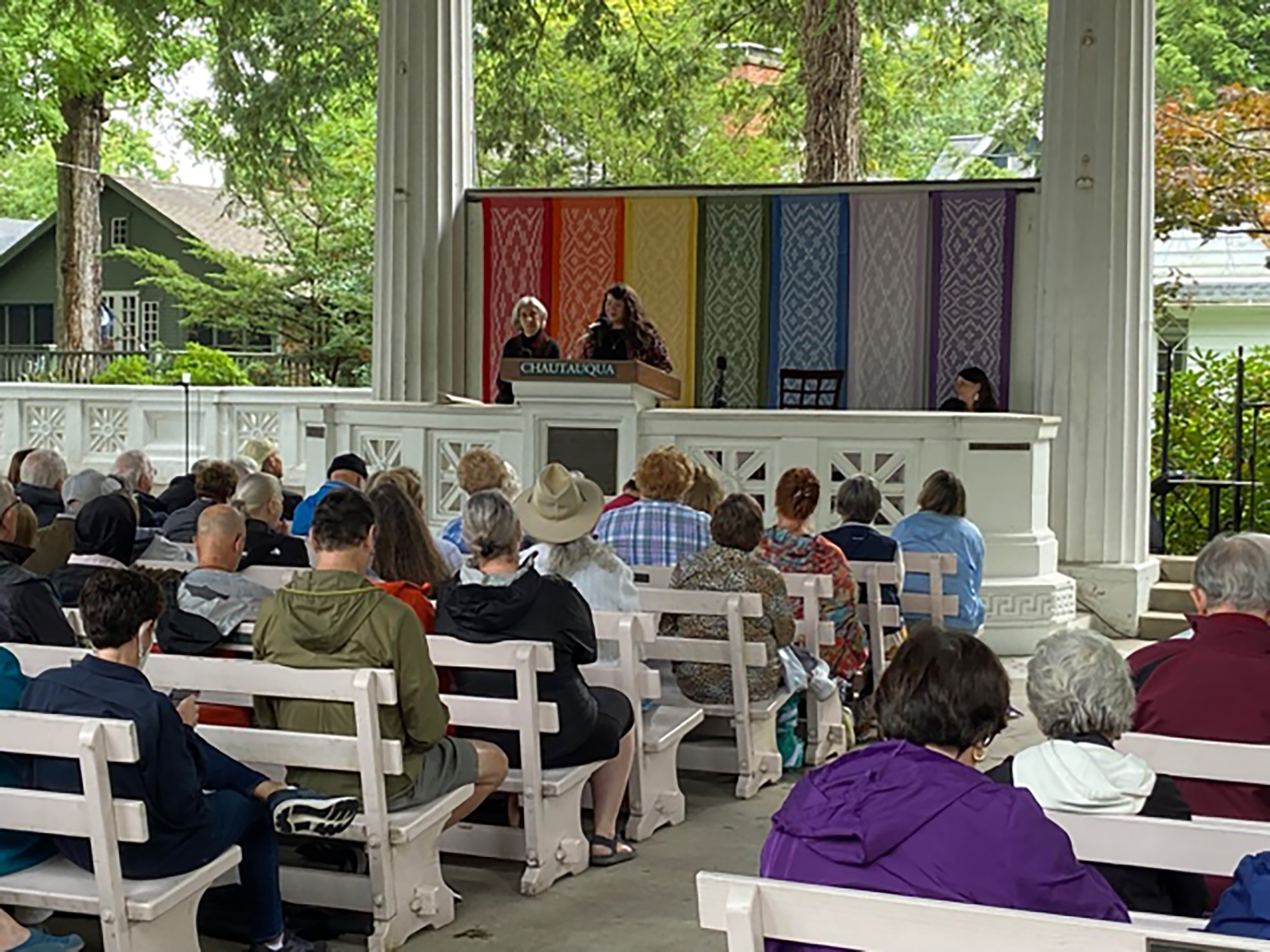[vc_row css_animation=”” row_type=”row” use_row_as_full_screen_section=”no” type=”full_width” angled_section=”no” text_align=”left” background_image_as_pattern=”without_pattern”][vc_column][vc_column_text]A Connecticut fourth grade social studies textbook falsely claimed that slaves were treated just like “family.” A Texas geography textbook referred to enslaved Africans as “workers.” In Alabama, up until the 1970s, fourth graders learned in a textbook called “Know Alabama” that slave life on a plantation was “one of the happiest ways of life.”
In contrast, historians and educators point out, many children in the U.S. education system are not taught about major Black historical events, such as the Tulsa Race Massacre or Juneteenth, the June 19 commemoration of the end of slavery in the United States.[/vc_column_text][vc_empty_space height=”60px”][vc_row_inner row_type=”row” type=”full_width” text_align=”left” css_animation=””][vc_column_inner][ult_createlink title=”CONTINUE READING” btn_link=”url:https%3A%2F%2Fwww.nbcnews.com%2Fnews%2Fus-news%2Fjuneteenth-tulsa-massacre-what-isn-t-taught-classrooms-has-profound-n1231442||target:%20_blank|” link_hover_style=”Style_11″ text_color=”#ffffff” text_hovercolor=”#ffffff” background_color=”#f57c50″ bghovercolor=”#784c8e″ el_class=”nav-button” heading_style=”font-weight:bold;” css=”.vc_custom_1592589205016{padding-top: 10px !important;padding-right: 10px !important;padding-bottom: 10px !important;padding-left: 10px !important;}”][/vc_column_inner][/vc_row_inner][/vc_column][/vc_row]
